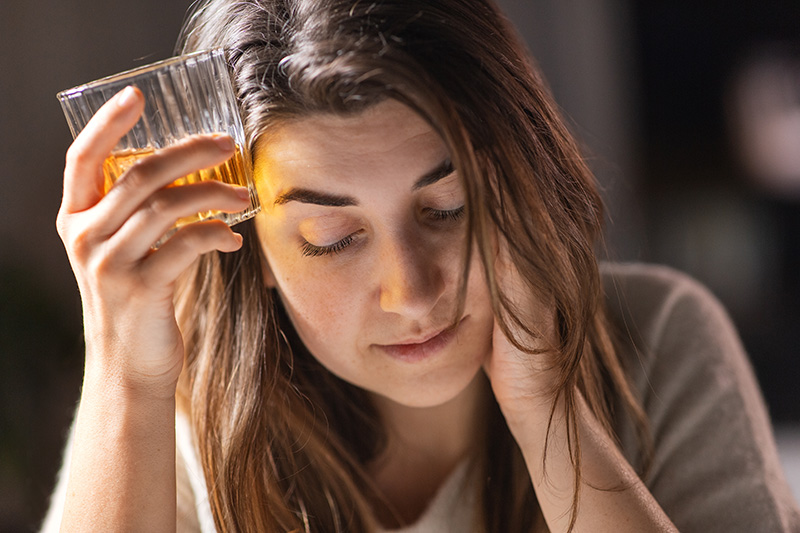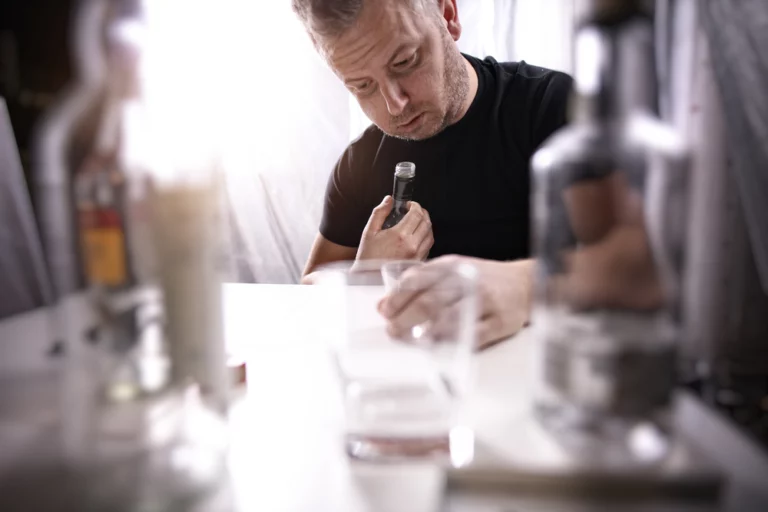What is the Connection Between Alcoholism and Depression?
Alcoholism and depression often show up together in a person’s life, creating a complex and deeply interconnected relationship. If you’ve ever felt trapped by both, you’re not alone. Many people turn to alcohol to cope with depression, only to find that drinking makes their mental health worse. Others start with heavy drinking, which eventually leads to depression. It’s a cycle that can feel impossible to escape.
The good news? Understanding the connection between alcoholism and depression can be the first step toward healing. Let’s explore how these conditions feed into each other, their effects, and what can be done to break free.
Alcoholism and Depression: A Complicated Relationship
Alcoholism, or alcohol use disorder (AUD), happens when someone loses control over their drinking, even as it causes harm in their life. Depression, on the other hand, is marked by persistent feelings of sadness, emptiness, and hopelessness. When these two conditions occur together, they create a vicious cycle.
Why Does This Happen?
- Self-Medication: Many people use alcohol to cope with emotional pain or numb feelings of sadness. While alcohol might provide short-term relief, it’s only temporary. The depressive effects of alcohol often make things worse in the long run.
- Brain Chemistry: Alcohol disrupts the brain’s balance of serotonin and dopamine—chemicals that help regulate mood. Over time, this disruption can trigger depression.
- A Cycle of Dependency: Once depression and alcoholism start to reinforce each other, it can feel nearly impossible to break free without help.
For example, imagine someone who starts drinking to relieve stress from work. At first, the alcohol seems to help, but as they drink more, their mood worsens, their sleep suffers, and their energy drops. This feeds into feelings of despair, which may lead them to drink even more.
How Common Is the Connection Between Alcoholism and Depression?
The overlap between these two conditions is surprisingly common. According to the National Institute on Alcohol Abuse and Alcoholism (NIAAA), nearly 30% of people with major depression also struggle with alcohol use disorder. That’s nearly one in three people.
Here’s what makes this connection even more significant:
- Shared Risk Factors: Genetics, trauma, and chronic stress can all increase the risk of developing both depression and alcoholism.
- Life Circumstances: People experiencing financial hardship, the loss of a loved one, or social isolation are more vulnerable to both conditions.
- Bidirectional Relationship: Depression can lead to alcohol misuse, while chronic alcohol use can worsen or trigger depressive symptoms.
These shared factors explain why treating just one of these issues without addressing the other often leads to relapse or worsening symptoms.
The Effects of Alcoholism and Depression
When alcoholism and depression combine, the impact can ripple through every area of a person’s life. Here’s what that can look like:
- Mental Health Deterioration: Depression symptoms—like sadness, irritability, and lack of motivation—become more intense with alcohol use.
- Physical Health Decline: Chronic drinking increases the risk of liver disease, cardiovascular problems, and neurological damage. Depression can lead to fatigue, chronic pain, and even a weakened immune system.
- Social Consequences: Strained relationships, isolation, and difficulty maintaining work or school responsibilities are common.
- Suicidal Thoughts: Unfortunately, the combination of alcoholism and depression significantly increases the risk of suicide.
It’s easy to see why tackling both conditions together is essential. Without proper treatment, the cycle can continue to escalate, making recovery even harder.
How to Treat Both Alcoholism and Depression
The good news is that help is available. Recovery is absolutely possible with the right combination of care and support. Here are some effective strategies:
1. Integrated Therapy
It’s essential to treat both conditions at the same time. Therapies like Cognitive-Behavioral Therapy (CBT) are particularly effective because they address the thought patterns driving both depression and alcohol use. Therapists can help individuals replace unhealthy coping mechanisms with healthier strategies.
2. Medications
Medications can play a valuable role in treatment. For depression, antidepressants like SSRIs are commonly used. For alcohol use disorder, medications like naltrexone or acamprosate can help reduce cravings and support sobriety. A healthcare provider will create a personalized plan to manage both conditions safely.
3. Lifestyle Changes
Taking care of your body is just as important as addressing your mental health. Incorporating habits like:
- Regular exercise (which boosts mood-regulating chemicals)
- A balanced diet (to restore physical health and energy levels)
- Mindfulness practices (to reduce stress and improve emotional resilience)
These small changes can have a big impact on recovery.
Louisville Recovery Center Is Here for You
Alcoholism and depression don’t have to control your life. By understanding the connection between the two, you’re already taking a powerful step toward recovery. It’s never too late to start healing, and the help you need is closer than you think.
If you’re struggling with alcoholism and depression, know that you don’t have to face it alone. At Louisville Recovery Center, we specialize in treating co-occurring conditions with care that addresses the whole person—not just the symptoms.At Louisville Recovery Center, we’re ready to help you take that first step. Contact us today to learn more about our programs and how we can support you in building a brighter, healthier future.







